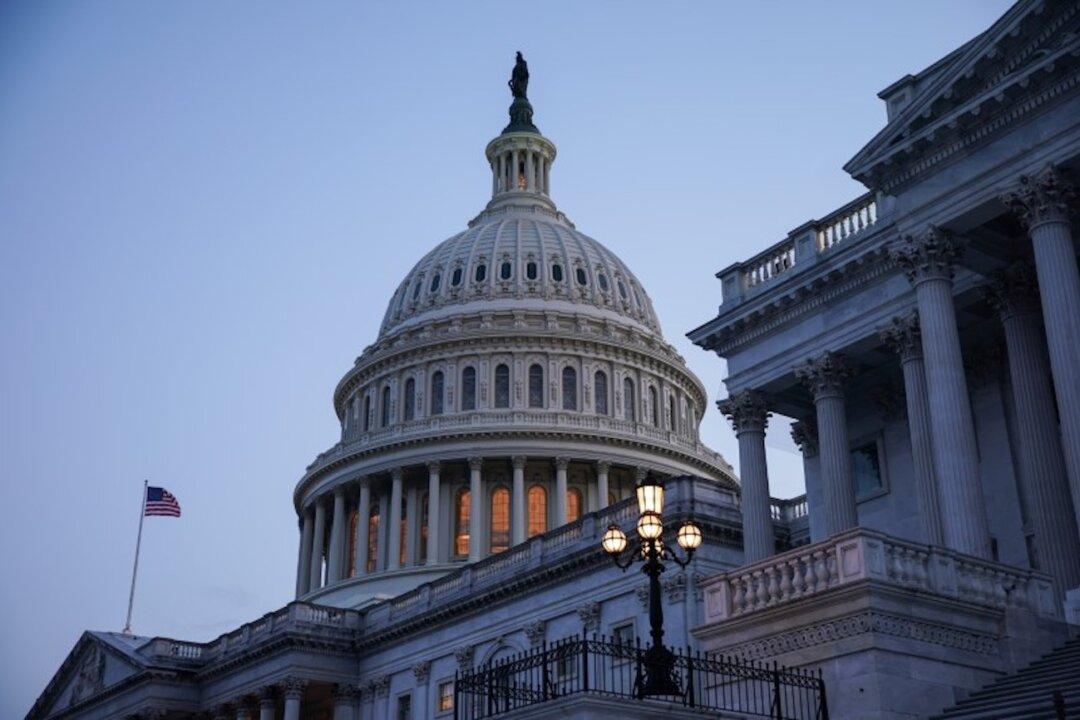Troubles continue among congressional Democrats’ loose coalition of members as moderates in both chambers try to pull the party towards the center and progressives try to push it further left.
Recently, Democrats have squabbled over whether Sen. Bernie Sanders’s (I-Vt.) $3.5 trillion budget resolution and the $1.2 trillion Senate-passed infrastructure bill should be considered together. House Speaker Nancy Pelosi (D-Calif.) has expressed that she intends to force a vote on both bills at the same time as part of what Senate Majority Leader Chuck Schumer (D-N.Y.) called President Joe Biden’s “two-track strategy.”





